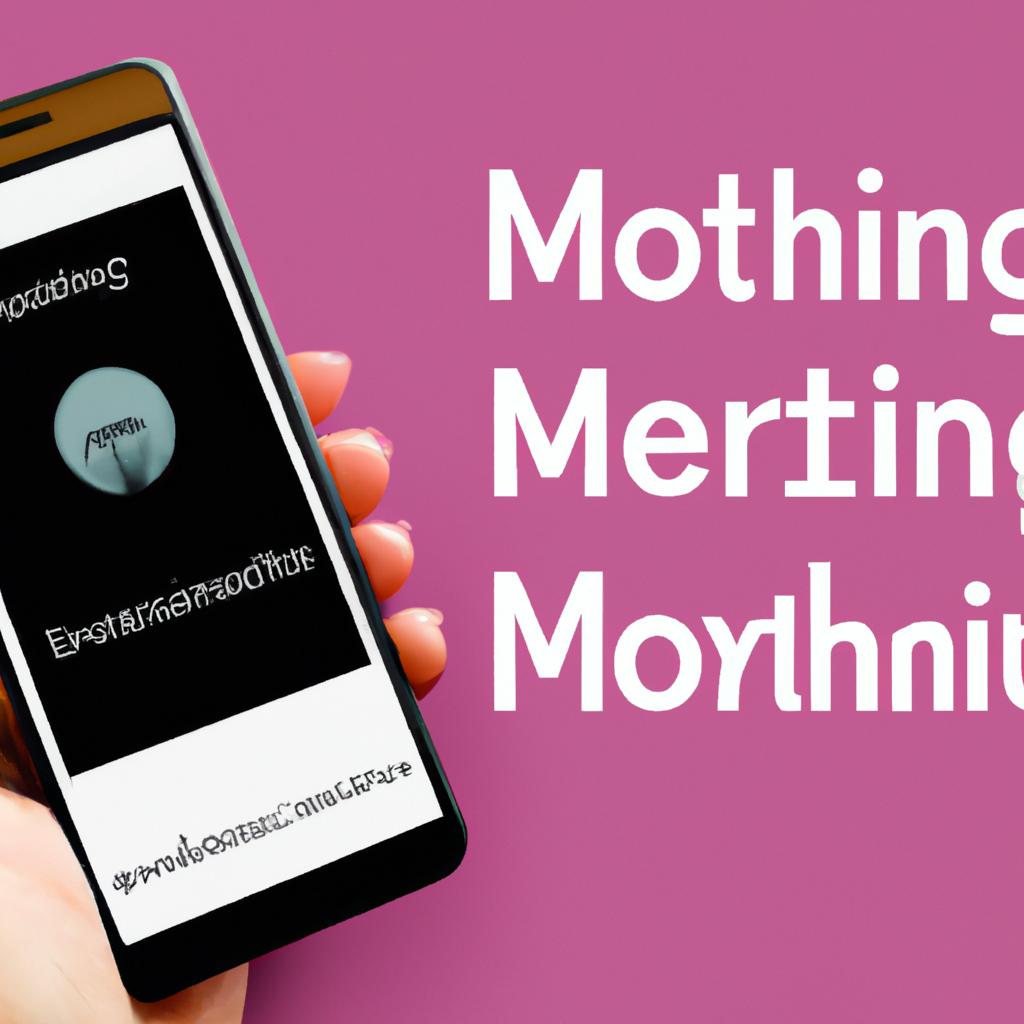Leveraging Mobile Health Monitoring Apps for Personalized Mental Health Support: How Technology Enhances Emotional Well-Being
Leveraging Mobile Health Monitoring Apps for Personalized Mental Health Support: How Technology Enhances Emotional Well-Being
Technology has transformed many aspects of our lives, including mental health management. Mobile health monitoring apps empower users to take charge of their emotional well-being. These applications provide personalized support and help individuals monitor their moods and mental states effectively. This post explores how these apps enhance emotional well-being through innovative features and their broader implications.
The Rise of Mobile Health Monitoring Apps
The popularity of mobile health monitoring apps has surged recently as mental health awareness has increased. Smartphones now allow users to access mental health resources easily. Users can track their mood, sleep patterns, and stress levels with just a few taps. Many of these apps offer tailored content based on individual needs, helping users engage meaningfully.
Data analytics integration has changed the landscape of mental health apps. These apps analyze data collected from users and provide insights that guide healthier habits. For instance, a user might notice stress spikes on specific days or after particular activities. Recognizing these patterns enables users to make informed decisions about their mental health, fostering a proactive approach.
Features That Enhance Emotional Well-Being
Mood Tracking
One core feature of health monitoring apps is mood tracking. Users log their emotions throughout the day and note specific triggers, such as work stress or joy during social interactions. This daily practice helps users identify emotional patterns and understand factors influencing their mental health.
For example, if a user frequently feels anxious on Mondays, they can explore the reasons behind this trend. Perhaps a heavy workload or a challenging commute causes this anxiety. By recognizing these patterns, users can develop targeted coping strategies, such as planning lighter tasks for Mondays. Ultimately, this self-awareness empowers individuals to manage emotions effectively and enhance their overall well-being.
Guided Meditation and Mindfulness
Many health apps also offer guided meditation and mindfulness exercises. These resources provide users with tools to calm their minds and cultivate peace. Users can engage in short, focused sessions when they feel overwhelmed, easily incorporating mindfulness into their daily routines. This practice helps manage immediate stress and contributes to long-term emotional resilience.
Some apps allow users to customize meditation experiences by choosing duration, focus, or background sounds. This flexibility makes meditation more accessible and enjoyable. Users can experiment with different techniques to find what works best for them, fostering a personal connection to their mental health journey.
Community Support
Mobile health monitoring apps often feature community support options, allowing users to connect with others facing similar challenges.
Conclusion
Mobile health monitoring apps enhance emotional well-being through mood tracking, guided meditation, and community support. These tools empower users to take control of their mental health.
Below are related products to the topic if you’re interested:
FAQ
What are mobile health monitoring apps, and how do they support mental health?
Mobile health monitoring apps are applications designed to assist users in managing their mental health by providing tools for tracking moods, sleep patterns, and stress levels. They offer personalized support and insights based on user data, helping individuals understand their emotional states and triggers. By empowering users to take charge of their emotional well-being, these apps foster a proactive approach to mental health management.
What features do these apps offer to enhance emotional well-being?
Mobile health monitoring apps come with several key features that enhance emotional well-being, including mood tracking, guided meditation, and community support. Mood tracking allows users to log their emotions and identify patterns, while guided meditation provides tools for stress management and mindfulness. Additionally, community support features enable users to connect with others facing similar challenges, fostering a sense of belonging and shared experience.
How can users benefit from mood tracking in these apps?
Mood tracking helps users recognize emotional patterns and understand the factors that influence their mental health. By logging their emotions and identifying triggers, such as stressful situations or positive experiences, users can develop targeted coping strategies. This self-awareness empowers individuals to manage their emotions effectively, leading to improved overall well-being and a more balanced approach to their mental health.















Post Comment